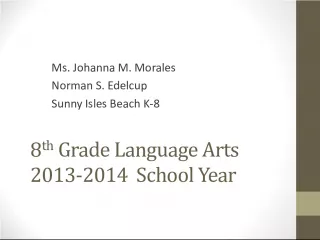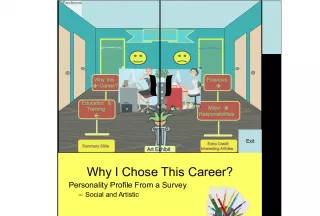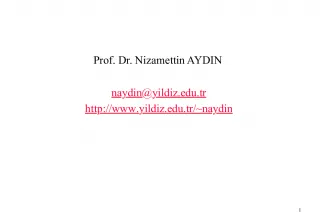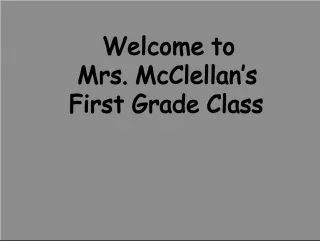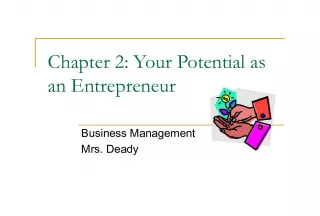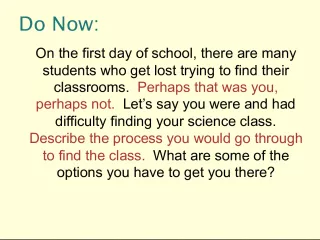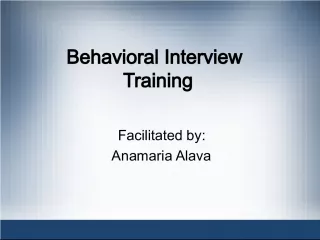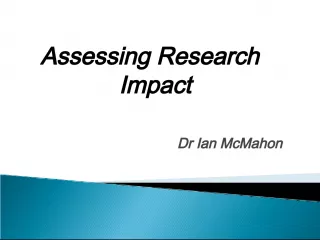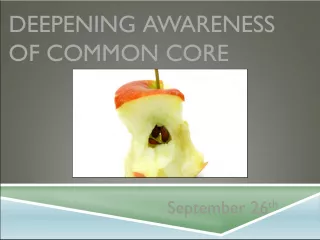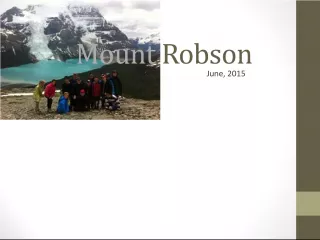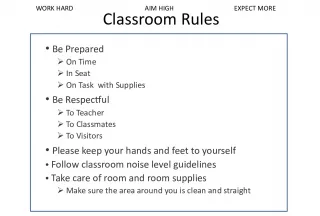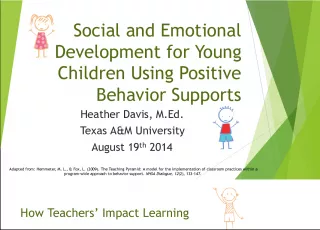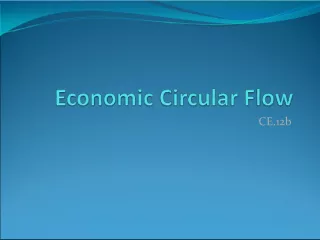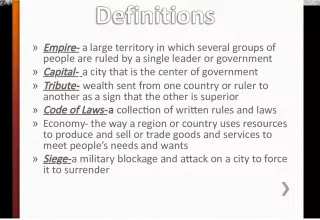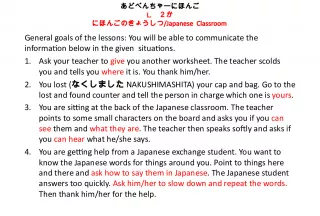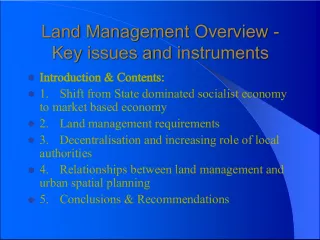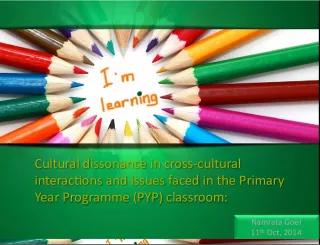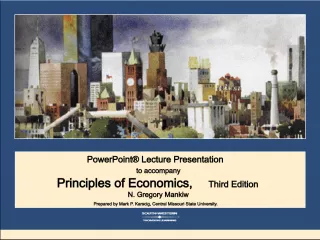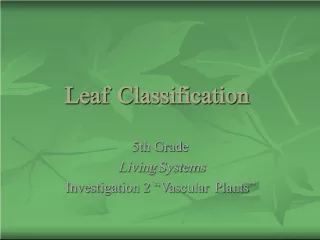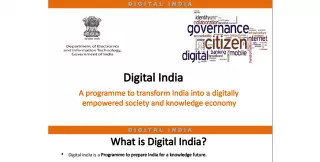"Implementing PBIS in Third Grade: Classroom Economy and Behavioral Rewards"
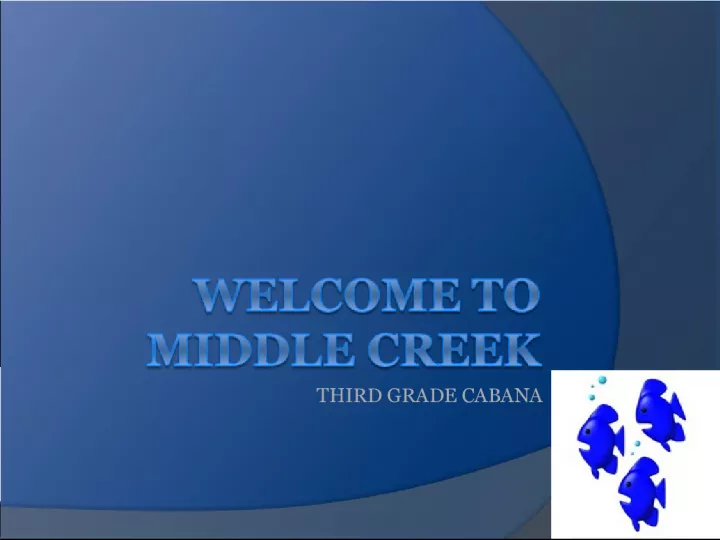

In this article, we explore how the third grade staff at Cabana MCES has successfully implemented a Positive Behavioral Interventions and Supports (PBIS)
- Uploaded on | 0 Views
-
 alex
alex
About "Implementing PBIS in Third Grade: Classroom Economy and Behavioral Rewards"
PowerPoint presentation about '"Implementing PBIS in Third Grade: Classroom Economy and Behavioral Rewards"'. This presentation describes the topic on In this article, we explore how the third grade staff at Cabana MCES has successfully implemented a Positive Behavioral Interventions and Supports (PBIS). The key topics included in this slideshow are . Download this presentation absolutely free.
Presentation Transcript
Slide1THIRD GRADE CABANA
Slide2MCES THIRD GRADE STAFF Track 1 – Lindsey Huml and Nancy Friend Track 2 – Kim Tetterton and Alison Dreier Track 3 –Karen DiGiacomo Track 4 – Denise Walsh and Emily Shropshire
Slide3PBIS in Third Grade Classroom Economy System Class Compliments SWIM Tickets Responsibility Friday Class Dojo
Slide4PBIS in Third GradeOur students know what it takes to Stay Safe Work Hard Be Respectful and Kind Manage their Actions
Slide5Major Third Grade UnitsReading Writing In Third Grade, we follow the Daily Five Structure for center based learning and the CAFÉ model for teaching reading strategies. We are also following Common Core Objectives for third grade Common Core emphasizes a balance between fiction and non-fiction so we will be addressing both each quarter while focusing on different comprehension strategies. Quarter 1 – Narrative Writing Quarter 2 – Opinion Writing Quarter 3 - Expository Writing Quarter 4 - Research
Slide6Daily Five RotationsPoetry Projects
Slide7Major Units in Third Grade…Math Science/Social Studies Quarter 1 – Addition/Subtraction, Estimation, 2D Shapes Quarter 2 – Multiplication/Division and Patterns Quarter 3 – Graphing, Area and Perimeter, and Fractions Quarter 4 - Measurement Plants/Soil Force/Motion Human Body Objects in the Sky Citizenship/Civics/ Government Map Skills Economics Communities
Slide8Math GroupsIntegrating Technology
Slide9Activities and Projects Pumpkin Day Holidays around the World Living Museum Enterprise Day Class Picnic Spelling Bee Science Olympiad
Slide10Enterprise DayLeonardo DaVinci visits our Living Museum
Slide11Field Trips Camp Flintlock (NC History - Colonies) Science is Fun (Matter) Science Museum (Objects in the Sky) Art Museum (Cultural Arts)
Slide12AIG and Explorers AIG or the Academically or Intellectually Gifted program begins in Third Grade with the Explorers program. During this program the AIG teacher leads bimonthly whole group lessons and works with small groups Children may be identified AIG at the end of third grade.
Slide13The Year of Testing BOG – July 24 th (tks 1, 2, and 3) CogAT – August/September ITBS – October/November EOG – May/June Case 21 Assessments and Mclass will be administered throughout the year
Slide14Standardized Grading Level 4 – Students are able to take concepts we’ve learned and apply them to new situations independently Level 3 – Students are able to consistently demonstrate independent mastery of objectives Level 2 – Students are not consistently demonstrating mastery of objectives or are not demonstrating independently Level 1 – Students are unable to demonstrate a mastery of objectives
Slide15…Standardized Grading4 3 2 1 “I can take what I’ve learned an apply it on my own to new challenges” “I get it, and I can do it all on my own!” “I almost get it, but sometimes, I need help.” “I don’t get it at all. Can you teach me again?”
Slide16Homework Policy Each morning when they arrive, students are expected to write their homework for the night in their agendas. Homework is generally due the next day unless otherwise specified. If they return their homework, completed to the best of their ability, the next day, they will receive a homework dollar. Please sign your child’s agenda each night – we frequently use agendas as a way to communicate
Slide17Economic System Third Grade Economy System\Our New Economy System.docx Students can earn money for SWIMming, doing their homework, or they can trade in SWIM tickets Students may not earn a dollar if they are not SWIMming or if they do not do their homework The money they earn goes towards our classroom stores.
Slide18One Final Note… Third grade is a great year, full of new ideas and challenges It is also a year where responsibility and independent thinking are fostered and developed. Please help encourage your child to rise to the challenge of becoming a responsible, independent thinker!
Slide19please feel free to see me or email me with any questionsnfriend@wcpss.net
